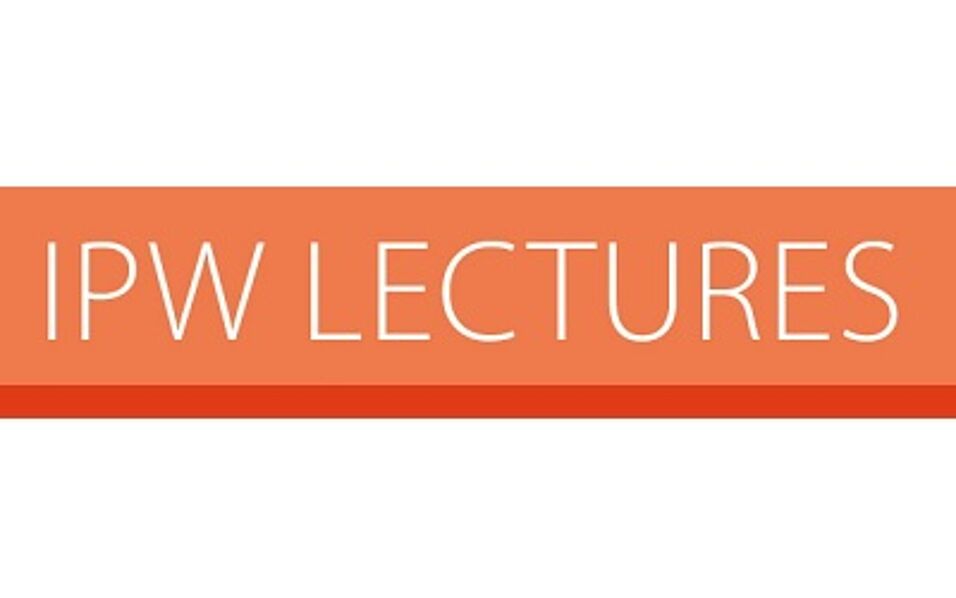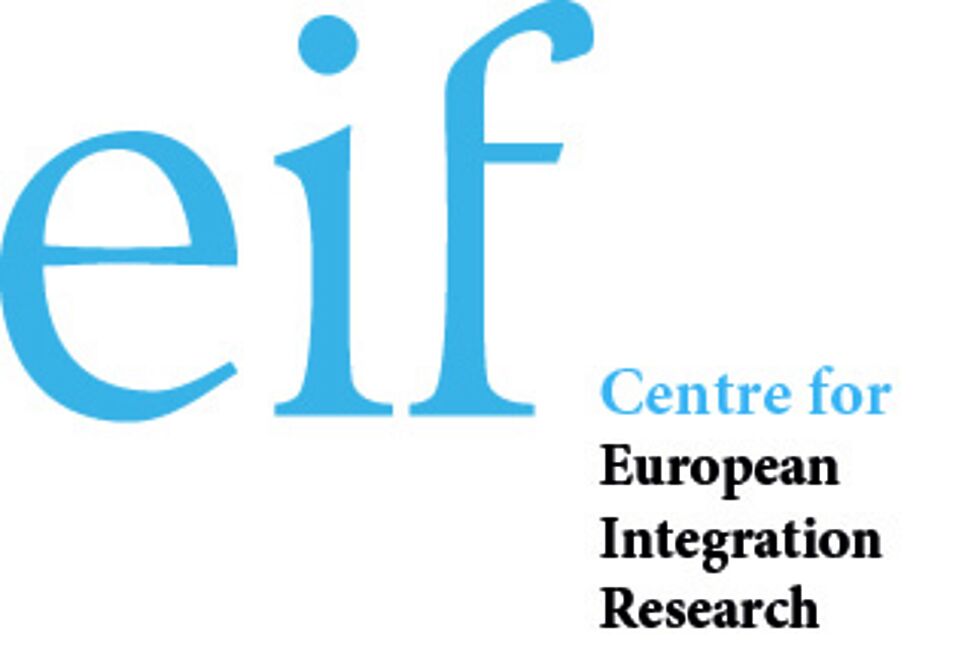When: Tuesday, 9 May 2023, 17:00
Where: Konferenzraum IPW (room A 222), University of Vienna, Department of Political Science, NIG, Universitätsstr. 7, 2nd floor, 1010 Vienna
Speaker: Kate McNamara (Georgetown University)
Comments: Visnja Vukov (IPW | University of Vienna)
Moderation: Anke Obendiek (Centre for European Integration Research - EIF, IPW | University of Vienna)
Welcome: Gerda Falkner (Centre for European Integration Research – EIF, IPW | University of Vienna)
Abstract
Markets require rules, made and enforced by governments, and modern market-making has therefore unfolded as an intrinsic part of state-building. While the European Union is not a state, it has not been immune to these processes. Over the last three decades it has constructed a Single European Market and currency while building political authority and expanding its institutional capacities. The EU has done this through supranational market-making largely centered on neoliberal precepts of competition and openness. Today, however, the EU is breaking with that tradition by pursuing a visibly interventionist European industrial policy and geopolitical strategy. To grapple with this new and contentious shift, this article describes and maps the EU’s new version of market activism, and offers a research agenda to capture the ways in which the Europe’s changed market-making may be transforming the EU’s political authority. I look to neoliberalism’s crises as key sources of this change, and raise a series of questions about its political sources and consequences. I conclude by noting key policy challenges for the EU, the transatlantic relationship, and the international economic order.


